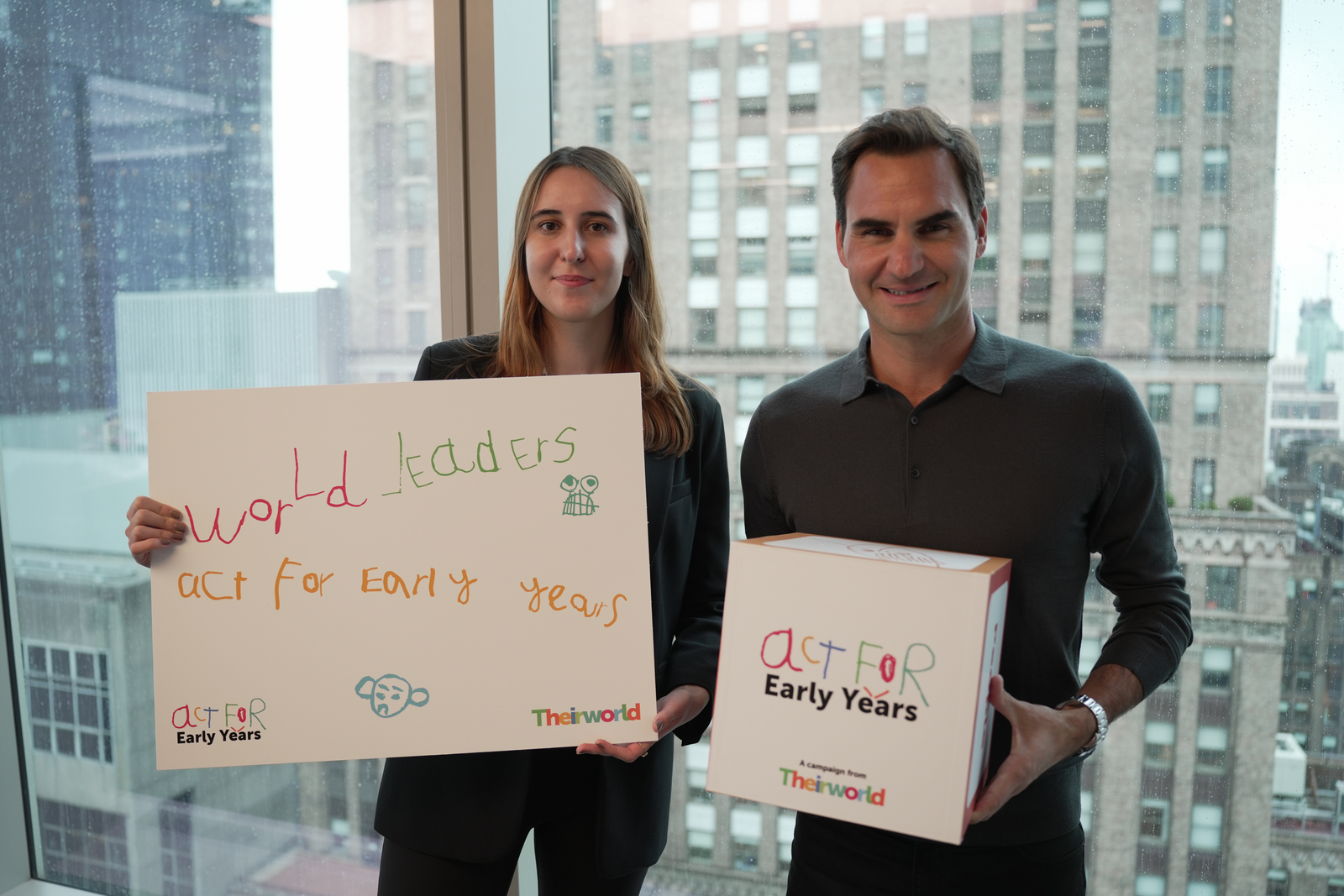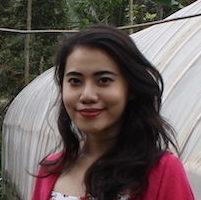
“Being a successful entrepreneur who empowers communities has always been my life goal”
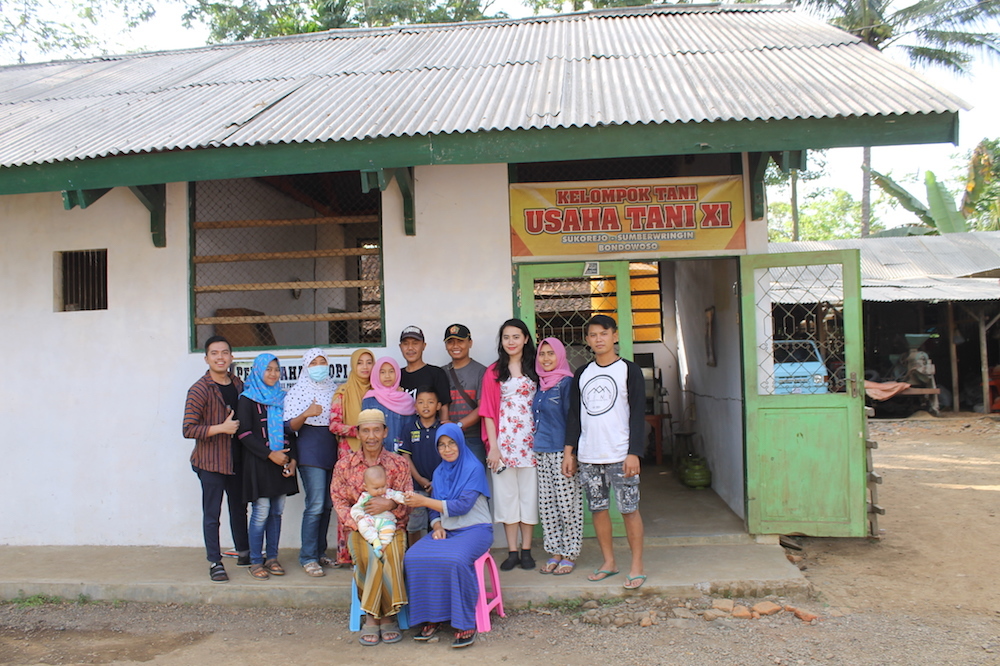
Global Youth Ambassadors

A Global Youth Ambassador from Indonesia tells how she's helping coffee farmers to get their product to a wider range of consumers.
As world leaders met at the World Economic Forum in Davos, we highlighted the entrepreneurial spirit of our Global Youth Ambassadors, some of whom could one day be leading summits such as WEF. Today we hear from one GYA about her own entrepreneurial experience.
For me life is about making it meaningful. That’s why I’m here, to gain experience that will improve quality of life for the people around me and the people and communities I work with.
Being a successful entrepreneur who empowers communities has always been my life goal.
I started being an entrepreneur in 2012 when I was 17 through winning a business proposal grant. Back then I created my own clothing line. I designed the dresses, picked up the textiles, chose tailors and marketed the products.
It was quite successful and my products were sold in two of the biggest online fashion e-commerce sites in Asia and stores in Bali and Jakarta. However, I did not feel that the fashion industry was the right fit for me.
In 2015 I had the chance to become a participant of a social entrepreneurship camp created by the United States Embassy in Jakarta. During the six-month programme I learned a lot about running a business and making the business profitable, yet still bringing a great impact to the people and planet.
I was mesmerised by the concept of social businesses. During that year I was also selected to represent Indonesia in the United Nations Mission in Geneva, Switzerland.
I addressed the issues of climate change and World Peace, thus I learned about the subjects at a comprehensive level and realised how small farmers can contribute to climate change mitigation.
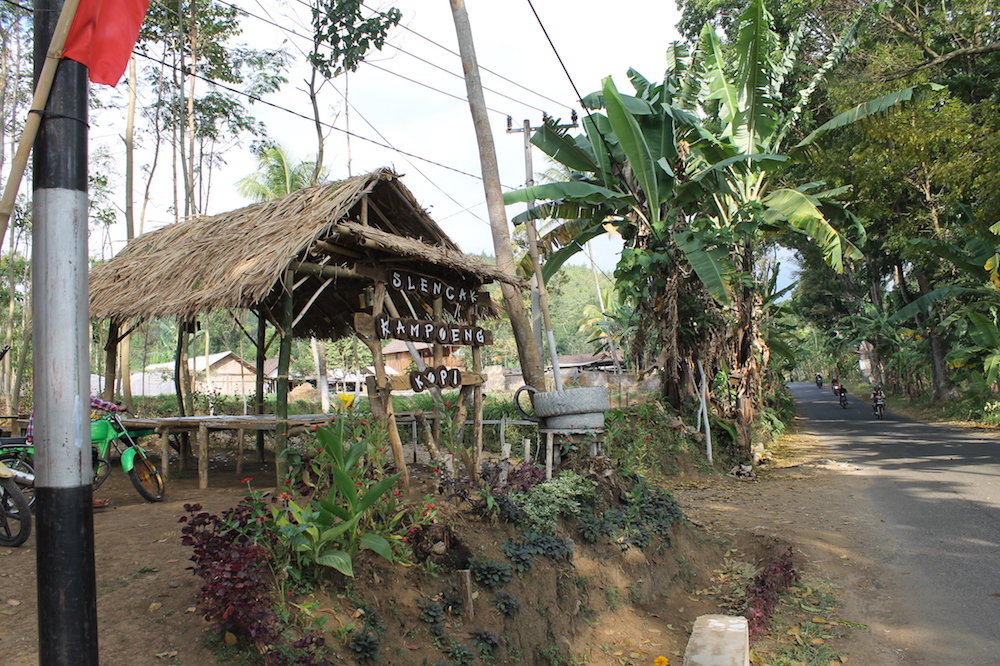
There are more than 10,000 small coffee farms in Indonesia (Dea Salsabila Amira)
As the third largest coffee producer in the world, Indonesia has more than 10,000 smallholder farmers. Many of these farmers are faced with issues surrounding the deadlock supply chain.
Between the farmers and the buyers, there are a lot of middlemen who take advantage of the system. Therefore the price increases drastically from the farmers to the end users.
Ur-farm was created to combat this issue and bring great products at a fair price from the farmers to consumers.
Ur-Farm is a social business that empowers small horticulture and coffee farmers in Indonesia to reach a wider audience. It also gives accessible prices for consumers, and fair conditions and pay for producers.
Ur-Farm brings farmer-grown, farmer-roasted coffee, directly to consumers without a middleman.
We empower 60 farmers from Bali and East Java. We classified the coffee based on the mountains where it grows and we use organic fertilisers and techniques to grow the coffee. We also own a natural coffee certification.
Ur-Farm won the best presentation on sustainable development with the Entrepreneurial Spirit Award, held by the Center for Corporate Sustainability and Innovations, supported by the United Nations in Hong Kong in 2016. We also won a $15,000 grant from YSEALI Seeds For The Future in 2018.
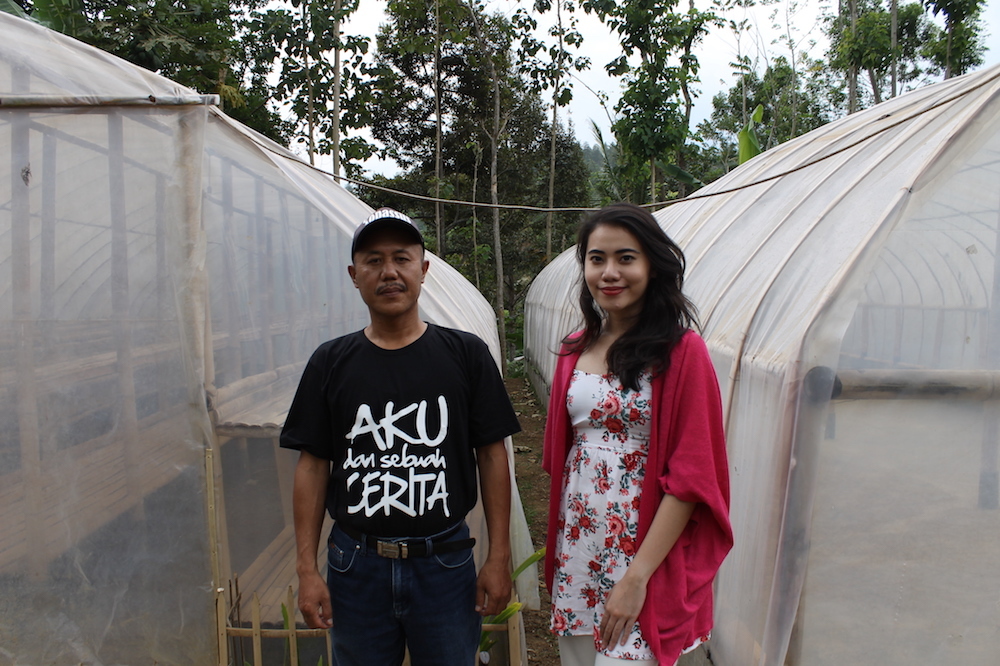
Dea is using her skills to help 60 farmers from Bali and East Java (Dea Salsabila Amira)
Mr Yanto’s story
This is the story of one of the farmers we work with. Meet Mr Yanto. He has been a farmer in Bondowoso, East Java, since 1989 and owns three hectares (30,000 square metres) of farmland.
Due to a fraudulent middleman, Mr Yanto was forced to declare bankruptcy in 2015 and he lost an entire year’s harvest – 66 tons of coffee (equivalent to $50,000). He was about to quit his livelihood as a farmer until Ur-Farm contacted him.
We aim to empower our farmers by offering support with:
- Post-harvest training
- Coffee roasting training
- Legal trading, data recording and negotiation skills
- Coffee waste management and turning coffee peels into biomass briquettes and stove briquettes
- Quality insurance and coffee grading through “peer review” policy
- Financial aids
With our training and support, Mr Yanto increased his coffee production, improved his coffee roasting process and has grown his income by 15%.
As a social business our main aim is to provide a better life for the individuals and community that we are helping.
More news

New school resources focus on disability and girls’ education
